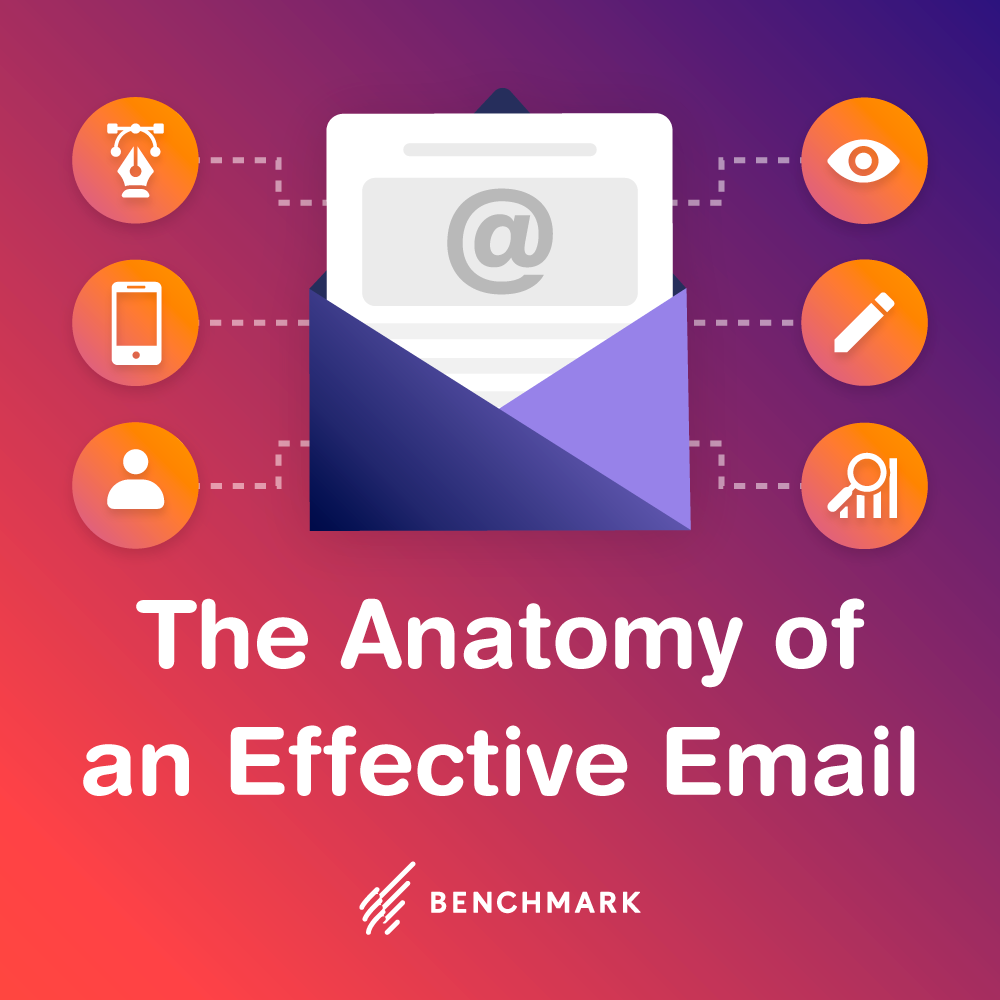
When not too long ago Google eliminated Authorship photos, not too many wags would have foreseen the dropping of the entire Authorship program but sure enough, it’s now gone the way of the dodo bird. In a post by Google Webmaster Tools head honcho John Mueller, Google is no longer going to be presenting authorship results on their search pages and will no longer be tracking that all-important rel=author tag data. Why would Google flush a key factor that they have spent years nurturing in their search engine infrastructure and which has resulted in millions or even billions of manhours of author accommodation and setup? Simple. According to Google, users didn’t care for it.
Authorship didn’t do much except confuse authors & users
According to the squadrons of Ph.Ds which inhabit the darkest recesses of the Googleplex, authorship was not useful to Google searchers and even ended up distracting them. In his post Mueller stated that doing away with Authorship did not seem to reduce the overall traffic to any given sites, and had no effect on the clicks on the ads on those pages. Setting up Google’s Authorship was never a cake walk and unless you fully implemented the full range of tools which Google made available to you in order to make the most out of the program, it would have left you scratching your head in befuddlement. Due to the fact that Authorship wasn’t ever really an intuitive and easy set-up, many of the authors which were using the program weren’t doing it correctly and therefore losing out on much of the efficacy of the overall project.
No discernable effect on click throughs or other metrics
It wasn’t just the authors who found Authorship to be generally unpleasant, but it never really got the results that Google had been hoping for when it introduced it. When they started crunching the real world numbers for how users were interacting with the Authorship project they found that it had a totally negligible effect on click through or just about any other metric. So in a nutshell, Google Authorship really never delivered on its promises and landed on the online world with a bit of a thud.
70% of all authors weren’t implementing Authorship correctly
At the time of the recent Google announcement of the passing away of Authorship, Stone Temple Consulting was just wrapping up an intensive study on the rel=author usage as pertains to the author’s actual markup. What they found pretty well dovetails with the story from Google and that is that adoption was marginal, and the authors who did implement it generally weren’t using the tag properly and therefore losing most or all of the benefits that it offered. Sampling 500 authors across 150 high authority web sites, the study found that 48 percent of all Google+ profiles had not applied any profile at all, 22 percent had created the profile but had failed to link to the publishing site, and only 30% had the profile and at least one link to the publishing site. With seven out of every ten authors failing to adhere to the basic standards of the Authorship program it seems that it was dead in the water from the start.
Authorship ended up being a bit of a mess
Another interesting statistic from the study is that fully 33% of all the web sites failed to have a single author page which is a critical factor for the entire Authorship program. The study also found a predominance of missing links to the Google+ profile, malformed and conflicting tags, and even multiple authors being listed for a single article when in actuality they had not collaborated at all!
Google is sanguine when it comes to its various products and it rarely displays any form of mercy to the ones that fail to perform to its haughty expectations. Authorship never really worked, and with the onset of the mobile age the grand poobahs of the Googleplex may simply have determined that it just isn’t worth using up valuable mobile display real estate with a program that never lived up to expectations. Adieu, Authorship!




